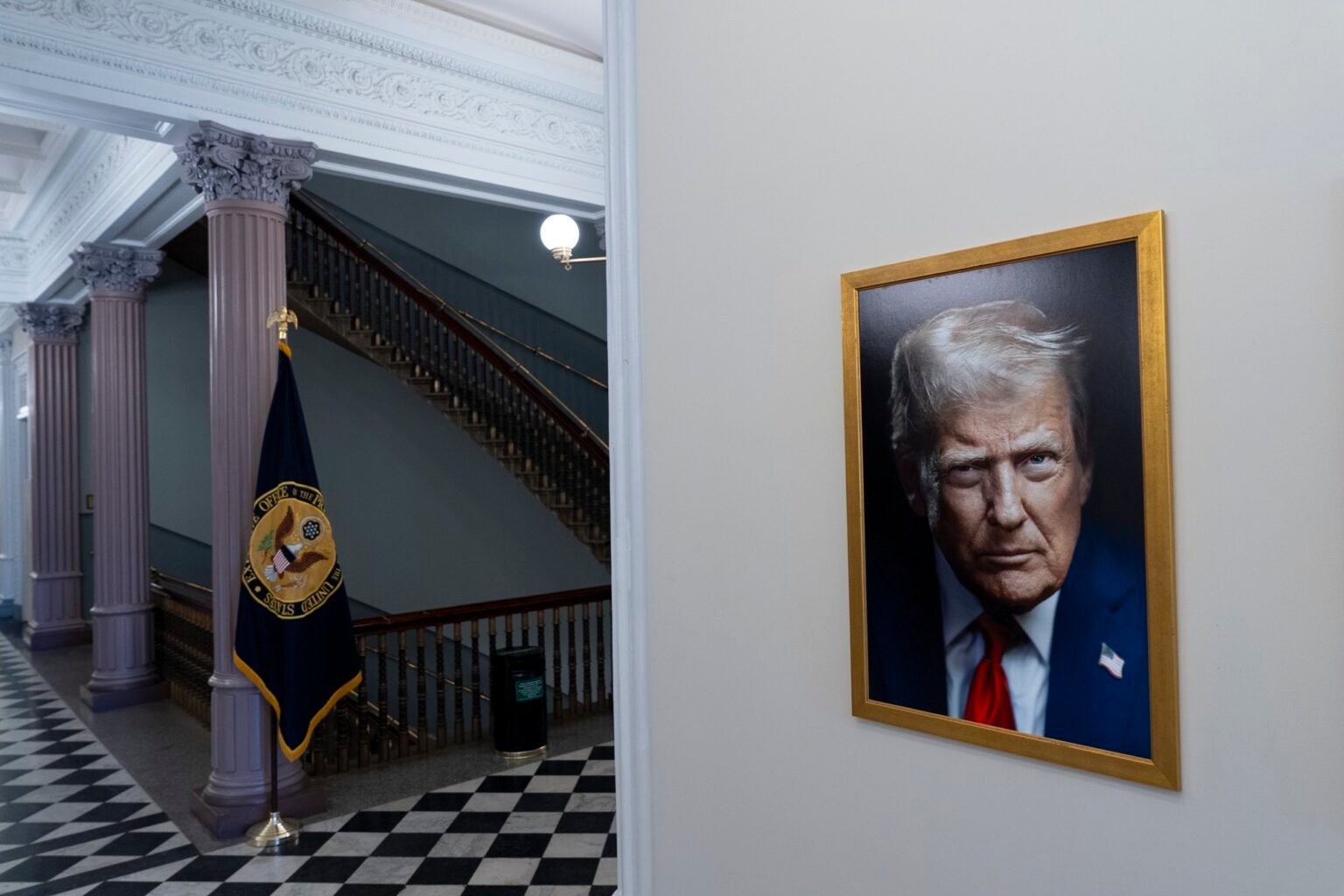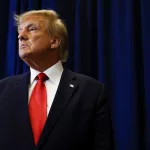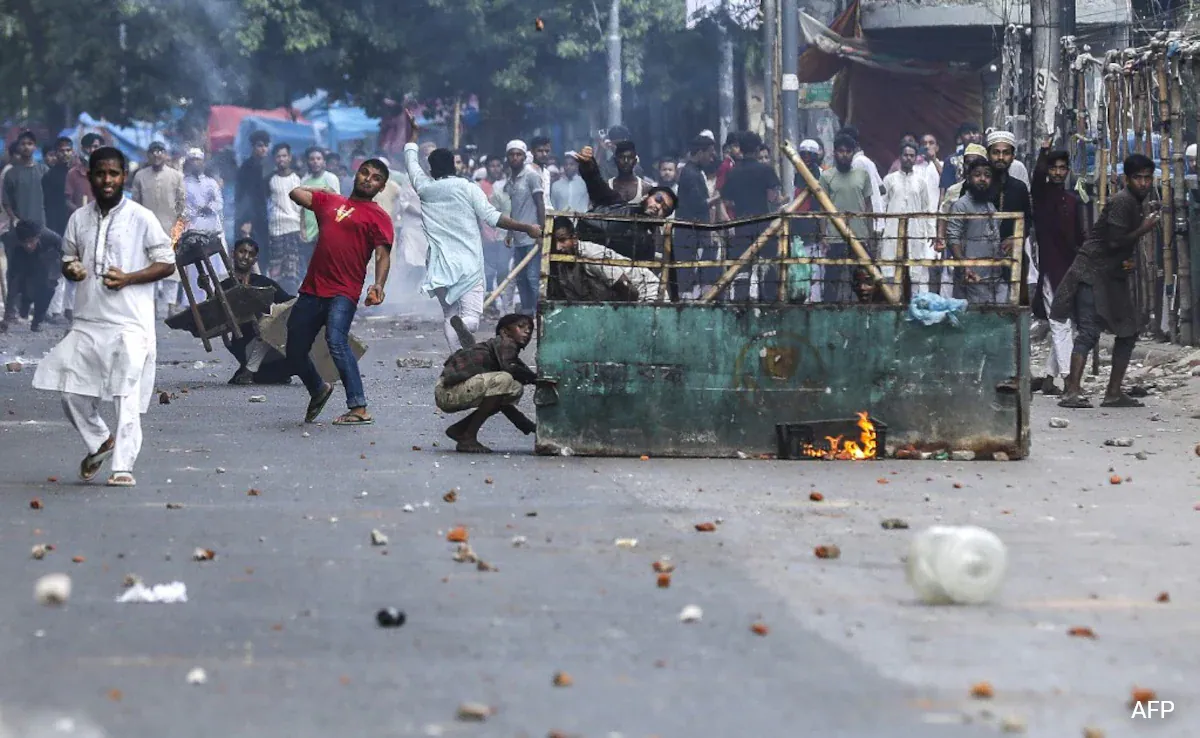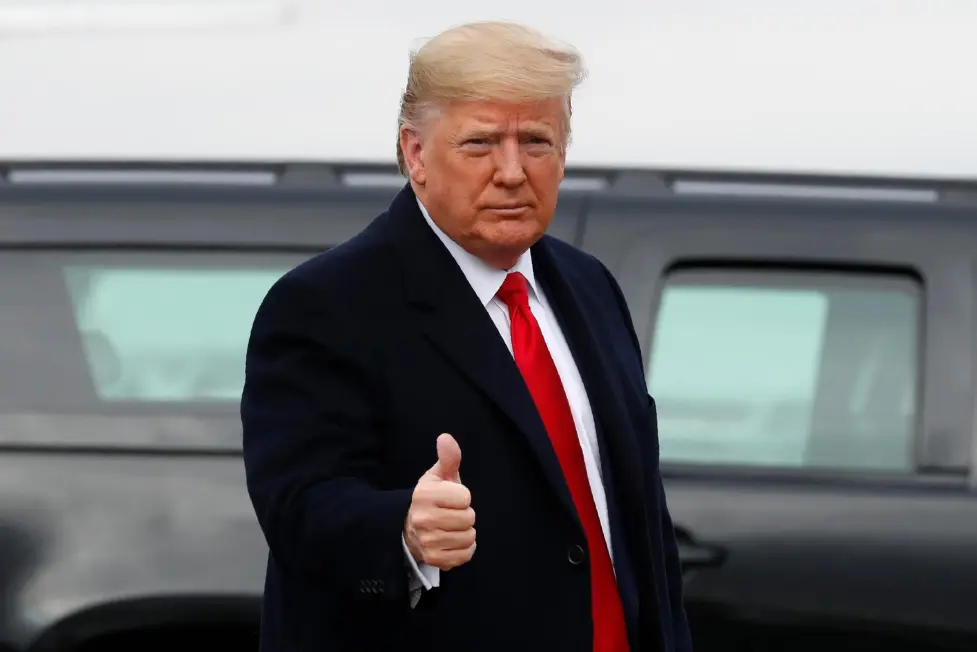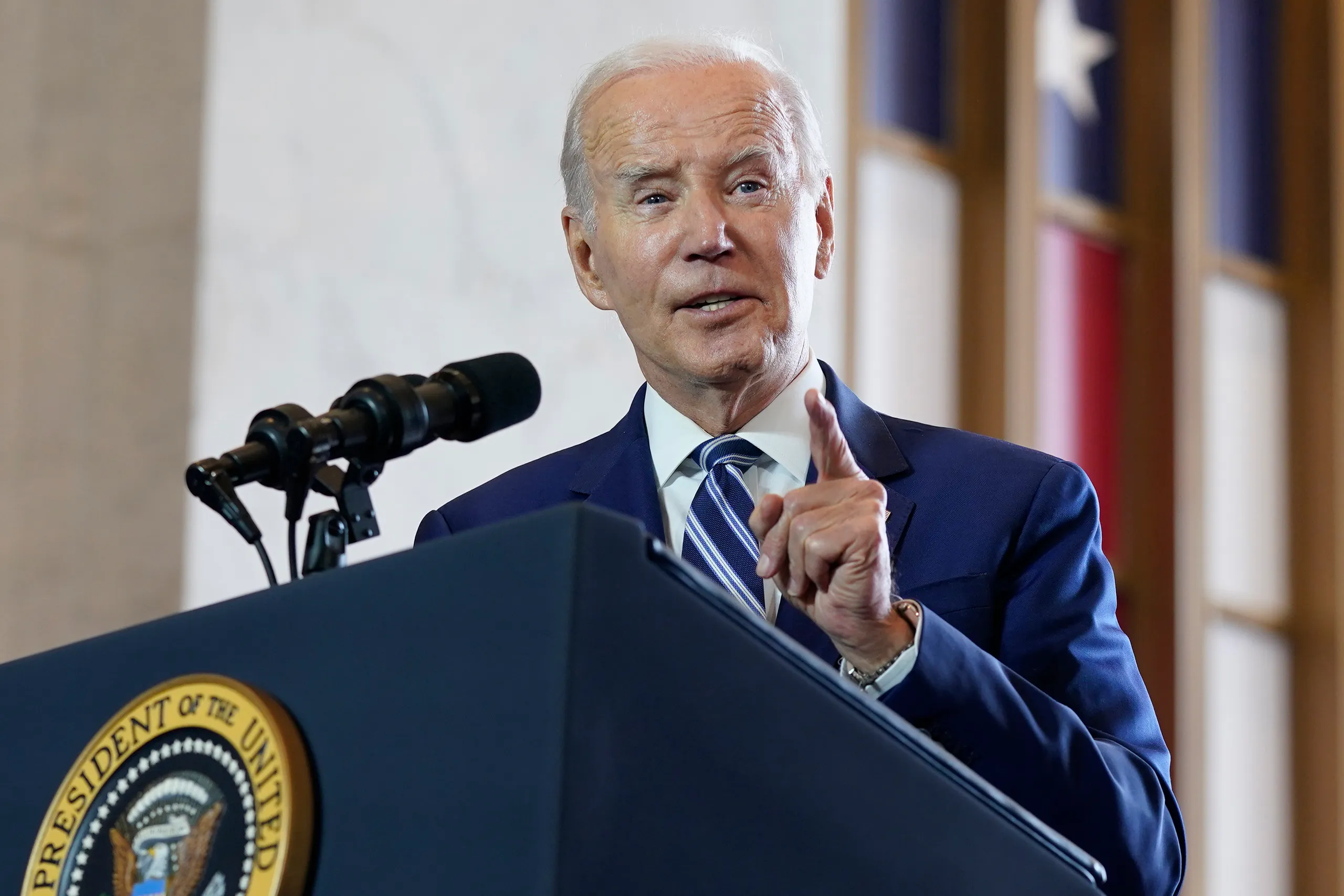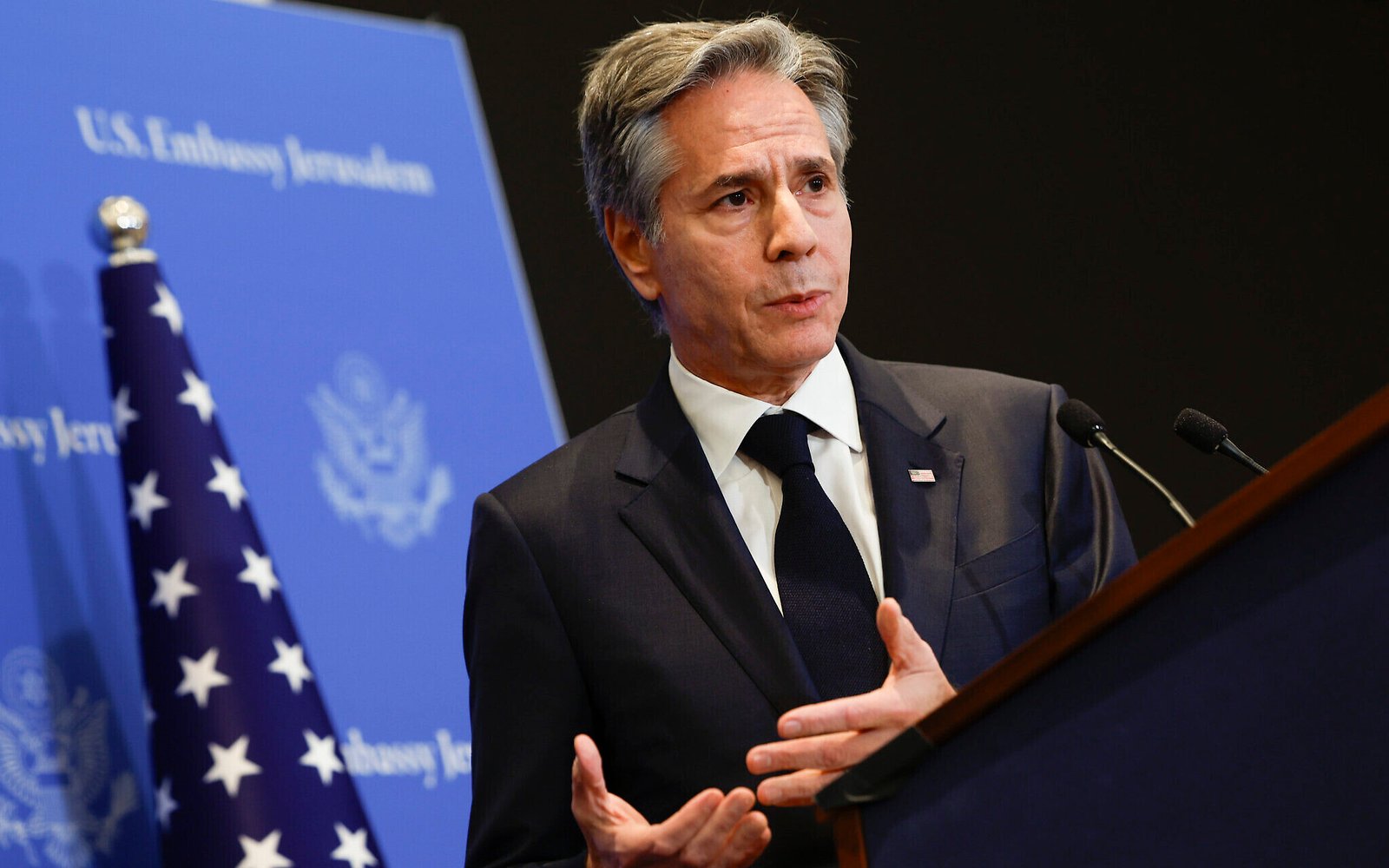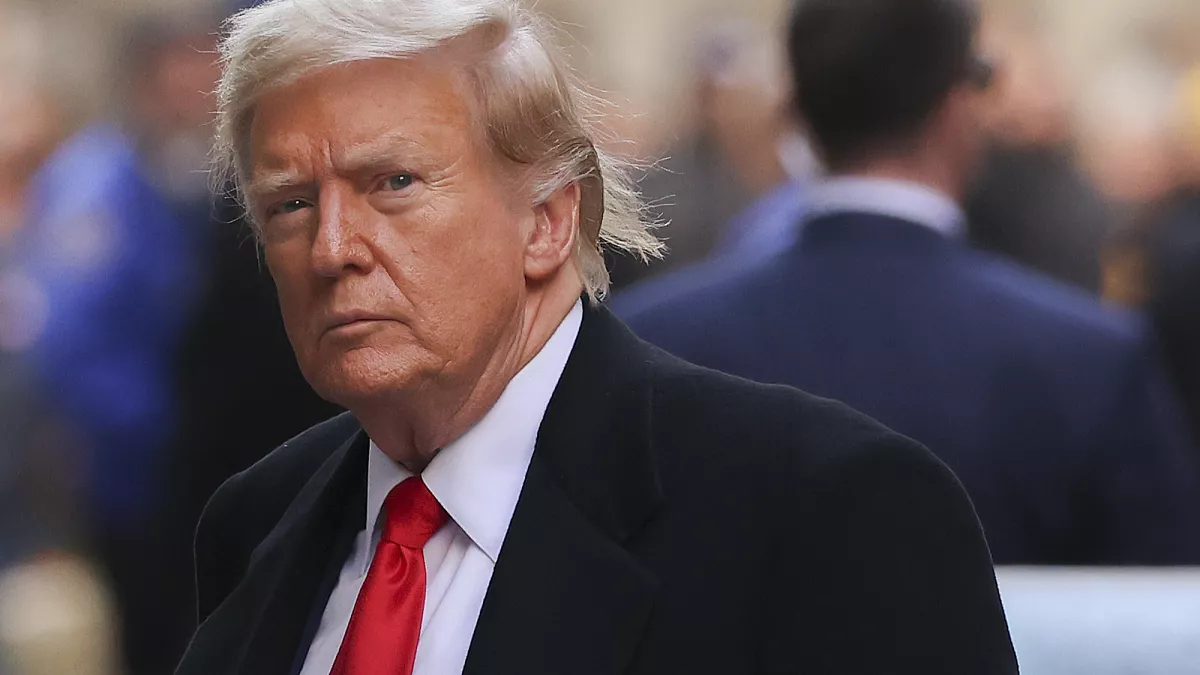Eduardo Bolsonaro, who left Brazil’s Congress earlier this year, settled in the U.S. specifically to press Donald Trump on keeping his father out of jail. Jair Bolsonaro is on trial for the 2022 election conspiracy, and Eduardo spent months courting Washington insiders, even joining Trump for dinner at Mar-a-Lago. Last week, the plan came to fruition.
Donald Trump hit Brazil with a 50 percent tariff on every export to America, kicking in on August 1. In the letter to Luiz Inácio Lula da Silva, the left-wing president who beat Jair in 2022, Trump tied the levies to his father’s courtroom saga and to Brazil’s Supreme Court pressuring U.S. platforms to obey digital safety laws. Trump framed the indictment the same way he has his troubles, “Witch Hunt,” and insisted Lula drop the case “IMMEDIATELY!”
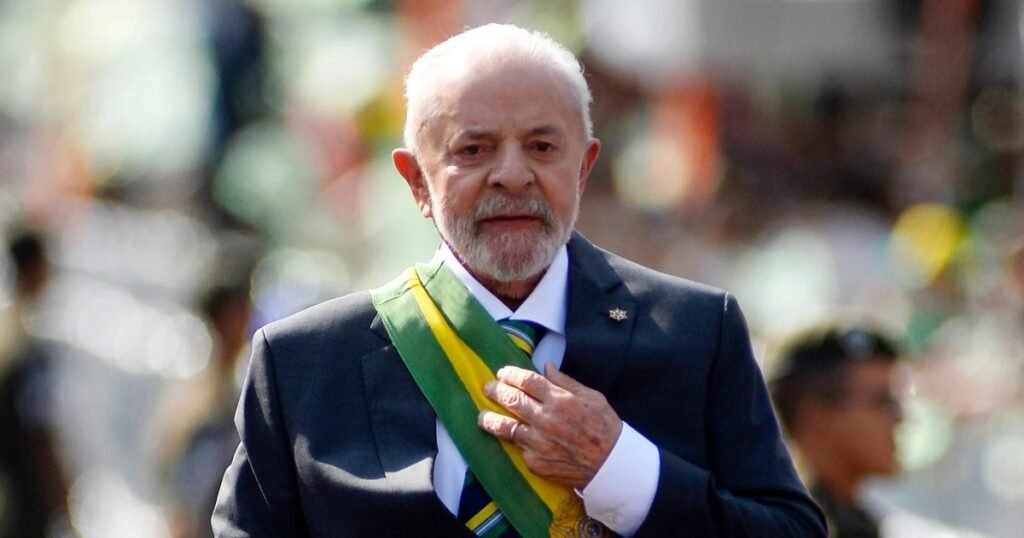
Trump turned court cases into campaign fuel, but that trick won’t stick in Brazil. The tariffs he slapped on the country to punish Eduardo Bolsonaro are backfiring, especially on the president’s circle. The planned flex of MAGA muscle, translated through the family business into Brasilia, has instead handed Lula a rare, easy win: he can now pose as the bastion of sovereignty without lifting a finger while the other side chooses between fealty to a leader they can’t back in 2026 and the livelihoods of voters they can’t ignore.
FOR BOLSONARO, the clock has run out. He still moves to the far-right, but the registry is closed to his next candidacy. These days, he cuts a swan song figure: subdued, a pastor inviting the flock without the fire, the buffoon shrugging off a long trailer of fake doctors’ notes.
The hero of the 1964 flag and his own proprietary, brutish, vinyl version of politics now meets the same institutional tempo he once mocked. The folder on the January 8 incursion is thicker, the witnesses unrepentant, and even handpicked lawyers say the marks on the transcript leave little room for pardon.
Trump’s second rationale for the surprise move was a grand defense of “the fundamental Free Speech Rights of Americans.” Allegedly, these rights have been under siege by Brazil’s insistence that social media firms on its soil obey domestic rules against disinformation and online hate. It’s a tired routine, delivered too late.
Months back, Brazil’s selective pruning of posts on digital platforms provoked a brief uproar among its right-wingers and the Silicon Valley chattering class. Musk, then still in a combative mood, took to X to confront the Brazilian Supreme Court’s Alexandre de Moraes, but that skirmish quickly lost steam: Musk retreated, and the whole affair drifted to the back of the transnational reactionary news cycle, alongside a dozen other fading outrages.
So what’s the timing now? We can only guess, especially since, as Brazilian Finance Minister Fernando Haddad pointed out, the new tariffs lack any obvious economic rationale. One theory is that Trump simply longs for the thrill of swinging the tariff hammer again. Yet Brazilian shipments to the U.S. now hover under two percent of its GDP; the country ships more than double that total to China.
Paul Krugman is right: Brazil’s democratic institutions no longer have any reason to bend to Donald Trump’s caprices. They’ve survived far worse, and they know time and the ballot box are on their side. His self-indulgent outburst, however, may signal something else: Trump was fresh from the recently concluded BRICS summit in Rio, and the timing was more than coincidental.
At the opening of the summit, he served notice of an extra 10 percent tariff on any country that embraced what he derides as “anti-American” BRICS thinking, an incendiary move meant to frame cooperation among southern economies as an affront to the United States’ historic position.
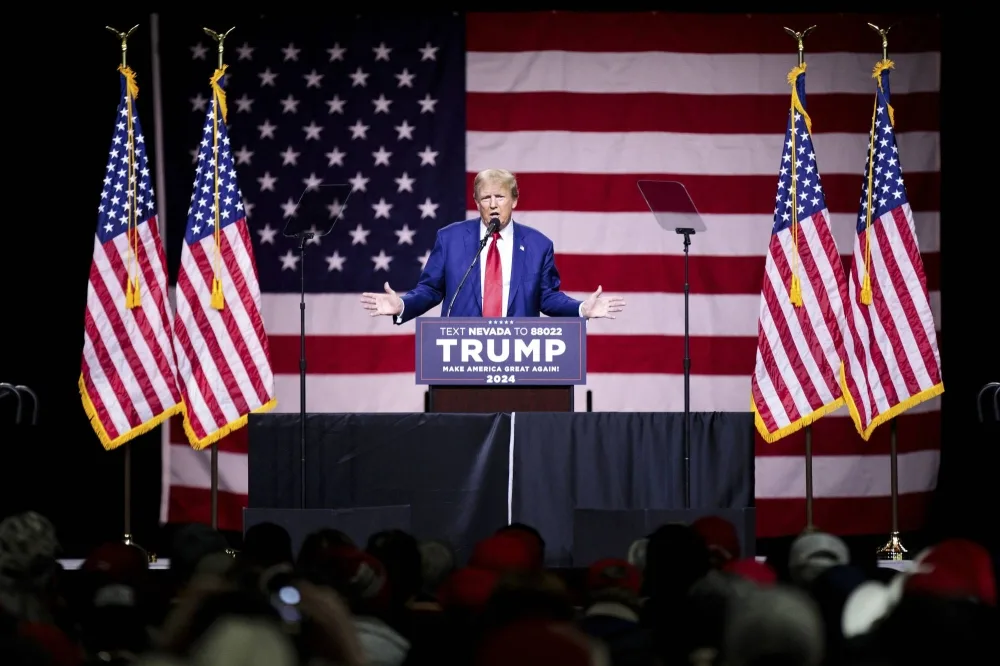
The BRICS leaders, a disparate but purposeful coalition of rising economies, answered by reaffirming the multipolar world they are building and singling out “indiscriminate rising of tariffs” as an unconvincing effort to make the 21st century resemble the 20th. Lula, at the lectern, tightened the language: the world does not, and cannot, need an emperor who arranges trade to suit his caprice.
If Trump hoped to scare these governments back to the fold, he read the new map poorly. The more he unleashes brutish trade barriers, the more he clarifies that the old bargain is dead. Clusters of countries, many in the global south, are now rehearsing the cooperation that for decades Washington treated as an ideological luxury. Protectionism may seem a form of resurgence, but the tools are rusty, and the geopolitical current is against it.
Any attempt to bully Brazil—the biggest economy in Latin America and the world’s fourth-largest democracy—is a warning shot aimed at every nation in BRICS. It risks driving Brazil—last year the group’s most vocal opponent of admitting hostile states like Iran and Venezuela—closer to the embrace of U.S. rivals Russia and China.
Washington’s strategy already looks misguided; the political fallout among conservative Brazilians is worse. President Lula enters the second half of his third term with a shaky Congress and the lowest approval ratings of his long career.
Advisors and allies now privately wonder whether he should seek reelection. Trump’s blunt attack, though, handed him a powerfully simple rallying cry capable of bridging every domestic division: Brazil is a sovereign nation that will not bend.
“Doesn’t anyone on his team know not to insult another country like that?” Lula asked last week, irked that Trump’s tariff announcement reached the world via social media and not an official channel. “It is unacceptable for foreign interests to override Brazilian sovereignty.” The guarantee of a united front behind that principle, Lula hopes, will outweigh the decline in support for his policies.
Trump has unwittingly handed Lula a ready-made platform as the continent’s foremost defender against neocolonial overreach, a part the old agitator will gladly inhabit.
Trump’s trade taunts and the Brazilian crowd that still answers to him will also inherit responsibility if the economy falters between now and October 2026. Should growth wane, Lula will attribute the slowdown to the fallout of Trump’s bluster.
So if the ex-president sticks to his tariff deadline of August 1, right-wing figures now sizing up a post-Bolsonaro future will stumble into a damaging choice: support tariffs that hurt Brazilians or twist their arguments to blame the predictable fallout on Lula himself.
Bolsonaro and his brood appear ready to sacrifice livelihoods to punish a society that has moved on from their rule. Yet it strains credulity to think any adviser steeped in the realities of Latin America, still less Brazilian business, would suggest that the Trump of 2023 double down on a schedule that courts recession in its key partner. Source

